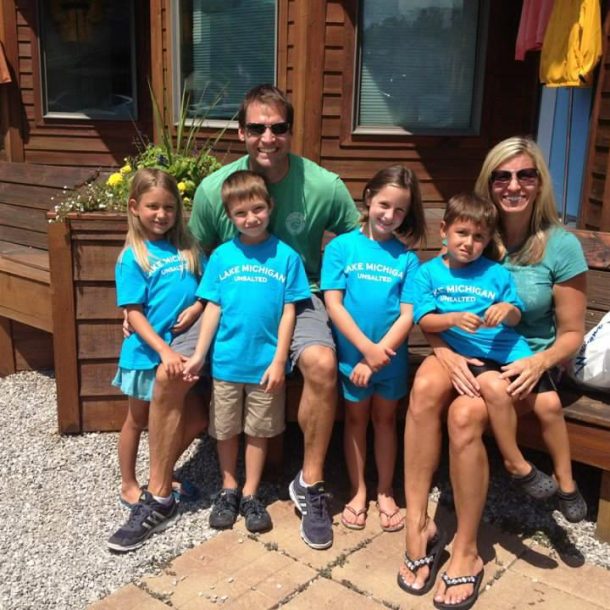
8 Unexpected Ways to Support Your Grieving Friends
#1 – Do, don’t ask.
Often, grieving people don’t know what they need or want. Many people also struggle to ask for help.
If you do without asking, you eliminate the stress and decision-making fatigue at a time when they are overwhelmed and overloaded.
#2 – Sit with them.
It’s not about saying the right thing or offering some unique material item but rather the gift of company, holding a hand, and creating a safe space that will help someone the most.
#3 – Let them talk about their lost loved one.
Allow your friend or loved one to talk about the person they lost. Help them keep them alive. Just because someone’s physical presence is no longer on this earth doesn’t mean they are or should be forgotten in conversation.
#4 – Don’t run away.
Grief isn’t contagious. Stay, and be there during the hard times. Your continued presence will assure the surviving loved ones that they are not alone.
#5 – Check-in long after the final goodbyes.
There is no timeframe for grief. Remember to check in weeks, months, and even years after the initial passing. Just because your life went back to normal does not mean their life did as well. Save space long into the future.
#6 – Don’t judge their process.
You can’t understand someone else’s grief journey, nor should you. Try to avoid judging what you aren’t personally going through.
#7 – Don’t compare.
Don’t compare losses and tell them you understand because your (insert loved one, pet, or friend) also died. Every journey is unique; no need to draw any comparisons.
#8 – Believe them.
When they share how they are feeling, believe them. Don’t tell them they should feel differently. Allow them to be where they are.
Simple, easy and unexpected ways you can be a better human when people you love are grieving.
Said with love,
Michelle





